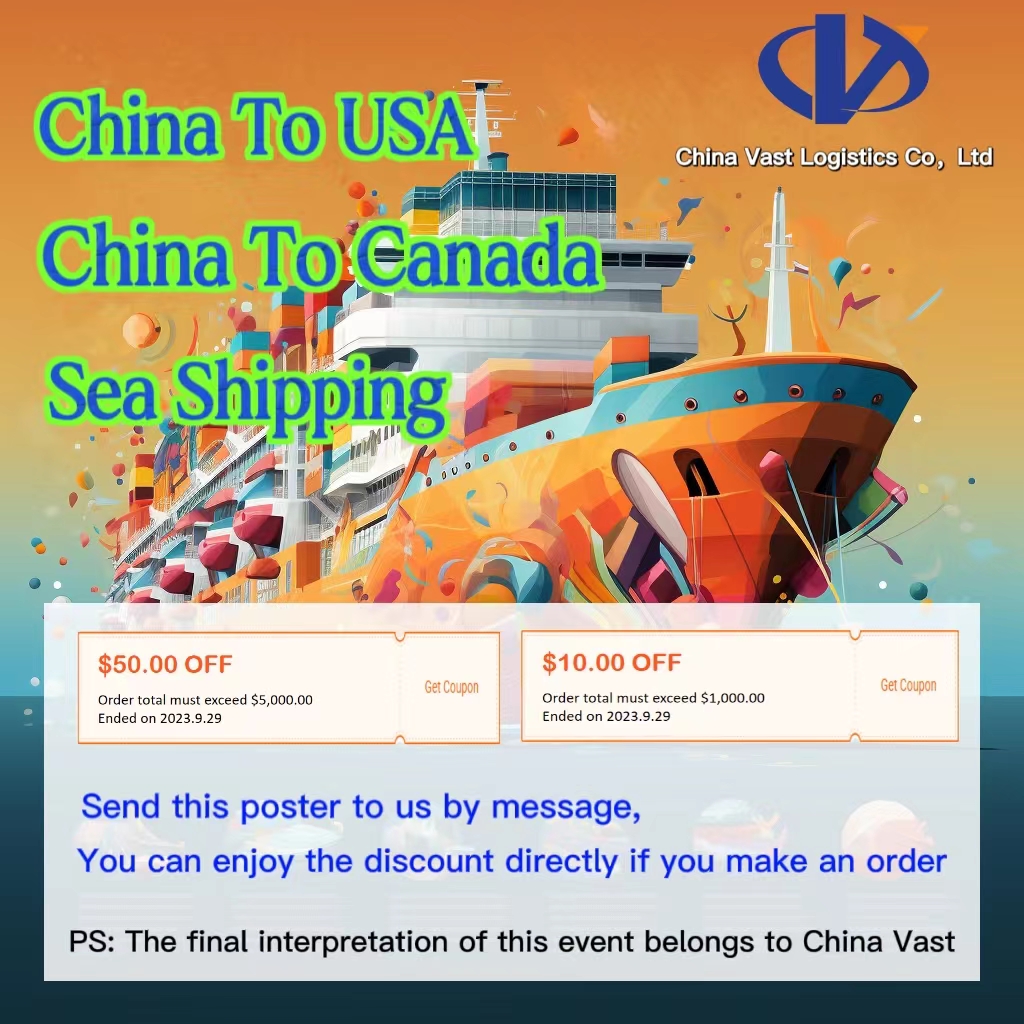The real question behind the question
“Others still do buy‑on‑behalf—why can’t we?” “What if I have invoices? What if I don’t?” These sound simple, but they expose the core risk behind buy‑on‑behalf declarations.
1) Having an invoice is not a safety net
- Even with a legitimate invoice, buy‑on‑behalf breaks the chain: the named parties don’t match the real trade, and funds flow doesn’t match the goods flow.
- Under audit, the invoice can be treated as misused and invalidated, exposing your company to tax and compliance risks.
2) No invoice = high‑risk exposure
- No proper booking: payments leave no compliant trail—your books turn opaque.
- No tax recovery: export margins erode immediately.
- No audit trail: when customs/tax authorities review, liability often lands on the cargo owner and related parties.
3) A lucky clearance can still miss your deadline
- Buy‑on‑behalf isn’t a compliant route. Even if you slip through, a post‑clearance or random inspection can force re‑submission or lead to a hold.
- Hold = deadline blown: missed promotions, rising storage/demurrage, claims from buyers, even lost orders. These costs often outweigh any “savings.”
4) The compliant alternative: 1039 Market Procurement
- With or without invoices, the market can issue compliant invoices and keep verifiable ledgers.
- One chain, one story: documents, funds, and goods align and are traceable—recognized by customs and tax authorities.
- Stable and repeatable: fewer surprises, more control over deadlines; transparent service fees (e.g., 2%) and predictable total cost.
Bottom line
Misusing invoices is a trap; having none is worse—you’re exposed. A lucky clearance isn’t safety. If your cargo is held and deadlines slip, you carry the bill. The practical move is to switch to a compliant, verifiable export path now.
Contact Vastlog
🌐 www.vastlog.com 📧 info@vastlog.com 📱 +86 137 8068 5000

